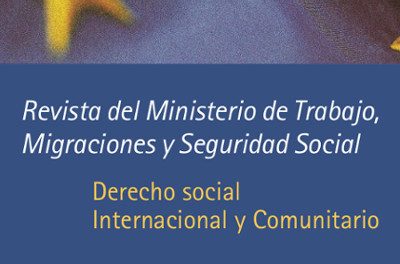
Dr. Enrique Lecumberri
Enrique Lecumberri, former magistrate of the Spanish Supreme Court and honorary academician of the Royal European Academy of Doctors-Barcelona 1914 (RAED), presented at the 4th International Act-European Congress of Interdisciplinary Research of the RAED, which was held last July in various capitals of the Mediterranean, the work “Del adulterio y amancebamiento a las parejas de hecho” (From adultery and false marriage to de facto couples), which briefly reviews the legal figures that have led to Spanish law from being one of the most conservative to align with current European legislations.
In the same sense, both the articles of the criminal code referring to this matter and what the civil law gathers in most of the Autonomous Communities in this regard are in some way related to the penalties and rights that the Spanish Republic recognized until 1939. “In Spain, if we exempt the Republican Penal Code, the crime of adultery was always penalized until the law of May 26, 1978, under the Government of Adolfo Suarez, e a few months before the enactment and publication of the Spanish Constitution of December 27,  1978 and a few months before the approval of the law of Political Reform of January 4, 1977″, recalls the academician.
1978 and a few months before the approval of the law of Political Reform of January 4, 1977″, recalls the academician.
As for the recognition of de facto couples, Lecumberri recalls that Catalonia was the first Autonomous Community that passed a law in 1998. “The legislator’s desire to regulate de facto couples was precisely to recognise those conjugal relationships which, according to Spanish legislation, were not considered marriages”, he specifies. Nowadays, a large majority of Spanish society accepts and shares current legislation in these matters.




